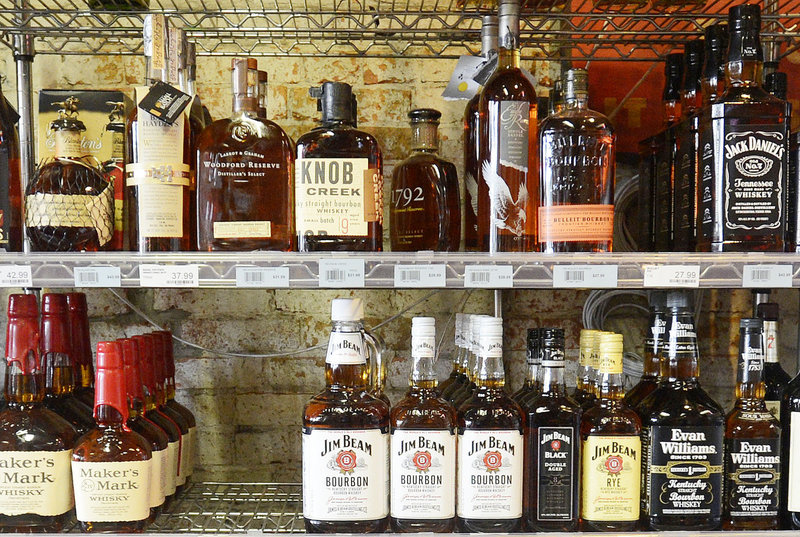The state plans to use a traditional “request for proposal” process to review bids for the lucrative state liquor contract rather than negotiating with individual bidders.
“A decision was reached internally last week that the RFP approach would provide the most objectivity and fairness, with a clearly delineated appeals process defined by statute and rule,” Sawin Millett, the state’s financial and administrative services commissioner, said in a Sept. 26 letter to Sen. Roger Katz, R-Augusta.
The letter was obtained by the Portland Press Herald.
Katz had raised concerns about the fairness and openness of a negotiated process. In a Sept. 21 letter to Millett, Katz said, “My unease about this (direct negotiations) approach is that I just do not understand how it works and how losing bidders would know they had been treated fairly.”
Katz also had questioned what type of scoring process would be used and what appeal rights a losing bidder would have.
Millett said the issue of “bargaining” or direct negotiations had been included in the supplemental budget bill last session “at the behest of the current beneficiary of the state liquor contract.”
Maine Beverage Co. currently holds the 10-year state liquor contract, which was awarded in 2004. The state faces a June 2013 deadline to have a new liquor contract in place.
“I believe we remain on track to meet all of the deadlines necessary to secure a new liquor contract, while preserving a fair process for all bidders, with our end goal being to realize significantly increased revenues to help ease the tax burden to the citizens of the State of Maine,” Millett said.
Maine Beverage generated $130 million in sales in 2011 and made about $36 million in profits, before taxes and amortization of a $125 million payment to the state. Maine Beverage subcontracts with Pine State Trading of Augusta for warehousing and distribution. The state retains authority for liquor pricing and determines what products are sold.
With the next contract, the state’s Bureau of Alcoholic Beverages and Lottery Operations wants to increase the amount of money the state collects from liquor sales, while lowering retail prices by $2 to $7 per bottle to make Maine more competitive with New Hampshire’s state-run liquor stores.
Send questions/comments to the editors.




Comments are no longer available on this story